I hope you are doing well today.
As many of you know, we had another free Zoom Virtual Hangout this week. Our topic was 5 Keys to Helping Others in Grief.
This session was so well received that I thought I would send everyone a quick summary of what we covered.
While we’re grieving, we can be of astounding benefit to other grieving hearts. To some degree, we “get it” and are able to empathize in ways others cannot or choose not to.
Supporting others who are hurting can be a massive part of our own healing and growth along this tough, painful road of loss.
5 Keys to Helping Others in Grief:
1. Love
We all need love. When we’re hurting and grieving, we need to feel loved more than ever.
Love, however, can be difficult to define. We looked at the four Greek words that the New Testament uses for love. We focused on one word in particular: agape.
Agape is all about actively and intentionally seeking the ultimate good of the other party even at great sacrifice to oneself.
If we want to support another grieving heart, we will focus on meeting them where they are and loving them there. We seek their ultimate good.
“A new command I give you: Love one another. As I have loved you, so you must love one another.” (Jesus, John 13:34)
2. Be present.
Be available. Show up. Let it be about them. As much as possible, be all there with them in that moment.
Watch out for technology (especially our phones) that distracts. The noise around us can keep us from being fully present.
Your presence is powerful. Your presence with them is a great gift.
When they saw him (Job) from a distance, they could hardly recognize him; they began to weep aloud, and they tore their robes and sprinkled dust on their heads. Then they sat on the ground with him for seven days and seven nights. No one said a word to him, because they saw how great his suffering was. (Job 2:12-13)
3. Listen.
We need to get more comfortable with silence. To benefit other grieving hearts, we must learn to be quiet.
We listen. Then we listen some more. And some more. As we listen, we try to hear past the words to the heart.
This means we need to release all personal agendas. Don’t try to make them feel better. Don’t try to move them anywhere.
Our only agenda is to enter their world and be with them there – and listen.
My dear brothers and sisters, take note of this: Everyone should be quick to listen, slow to speak and slow to become angry… (James 1:19)
4. Be patient.
We need a long-haul mentality. This is hard in a high-tech age where we expect action and answers in milliseconds.
Love them by suffering and mourning with them. As we are present and listen well, other grieving hearts will begin to feel safe. This is huge. Broken hearts need a sense of safety to heal and grow.
Be patient with yourself. This is not about “getting it right”. It’s not about solving a problem or accomplishing anything. It’s about loving them by being with them and listening well.
Be completely humble and gentle; be patient, bearing with one another in love. (Ephesians 4:2)
5. Encourage them to share.
This fifth key calls for wisdom. We can encourage another grieving heart to share, but often this requires a level of relationship and trust.
Don’t give answers. Don’t give advice. We have to go through the grief and the pain. So do they.
Most grieving hearts need to talk. They need to share.
“Tell me more.”
“How are you? I really want to know and I’m ready to listen.”
“What is this like for you?”
Get creative. Ask yourself what kinds of statements or questions would have encouraged you to share about your loss and grief.
Focus on the first four keys and add the fifth when you’re comfortable and feel led to do so. When in doubt, stick with the first four!
Rejoice with those who rejoice; mourn with those who mourn. (Romans 12:15)
Love. Be present. Listen. Be patient. Ask good questions.
Amazing things can happen when we accept people for who they are, where they are. Wonderful and healing things can happen in our lives when others do this for us.
How supported do you feel in your grief at present?
How might you better support someone else who is grieving?
We’re in this together. None of us are completely alone, though we might feel terribly lonely.
Be kind to yourself. Reach out and extend kindness to other grieving hearts. And don’t forget to breathe.
Praise be to the God and Father of our Lord Jesus Christ, the Father of compassion and the God of all comfort,who comforts us in all our troubles, so that we can comfort those in any trouble with the comfort we ourselves receive from God. (2 Corinthians 1:3-4)
Want to be invited to our free Zoom sessions? Become an email subscriber by signing up for a free grief resource. Then you’ll get Zoom invites, helpful articles, and book news.
What do you think? Feel free to comment and share below.

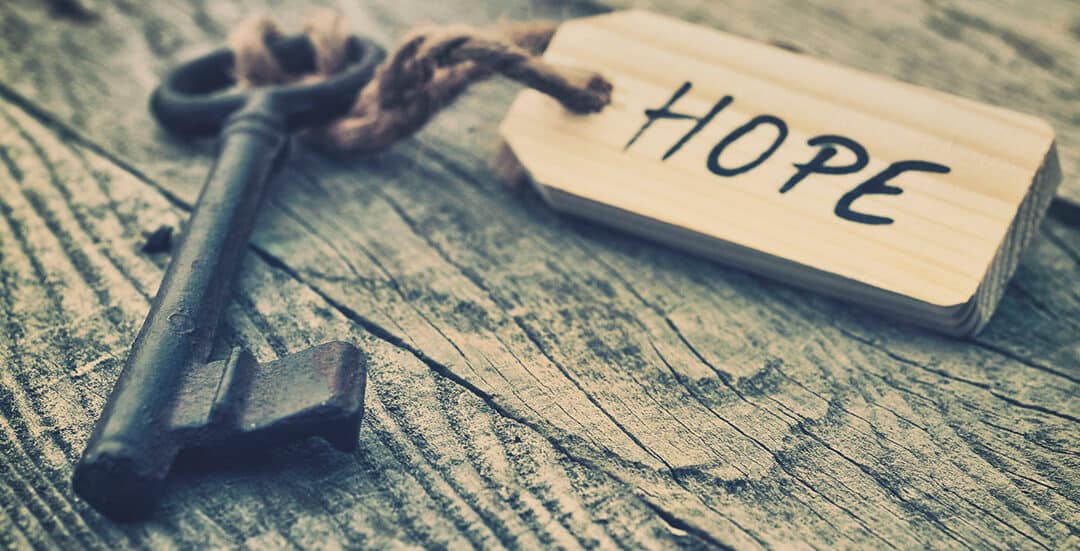

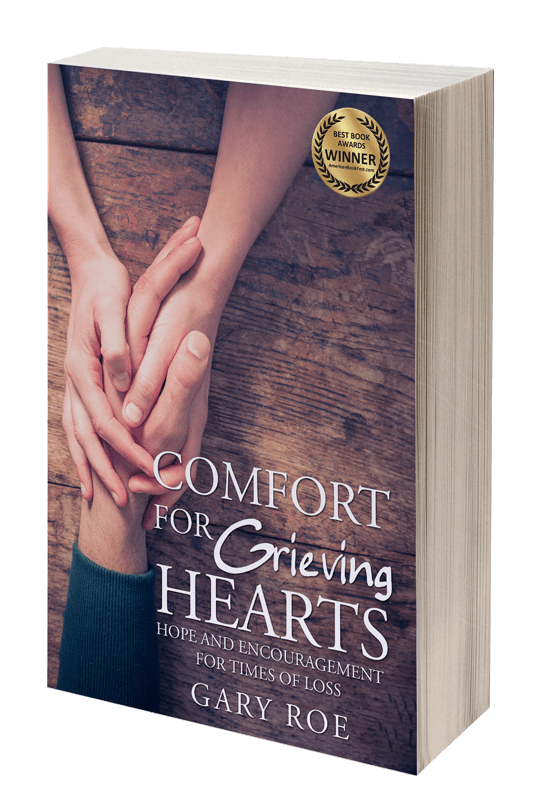
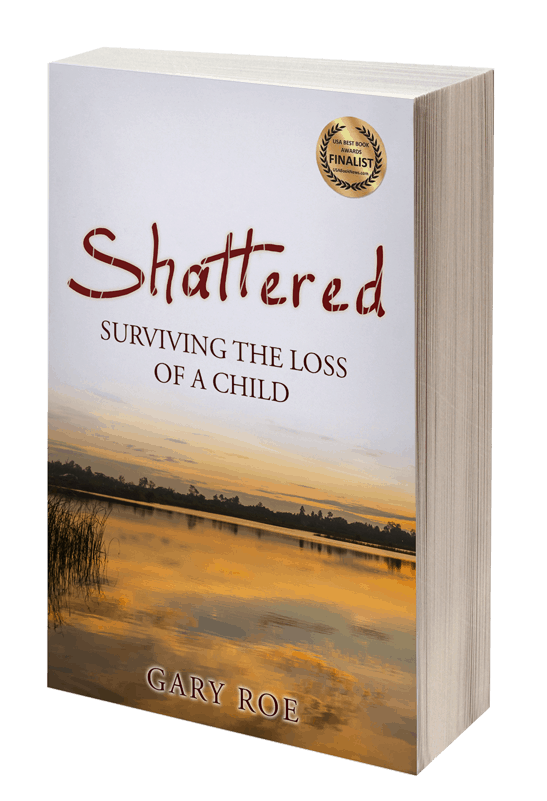
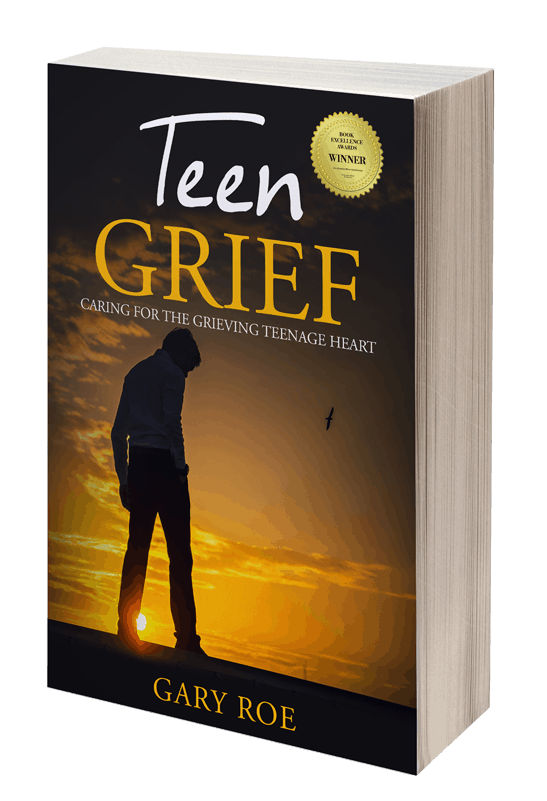
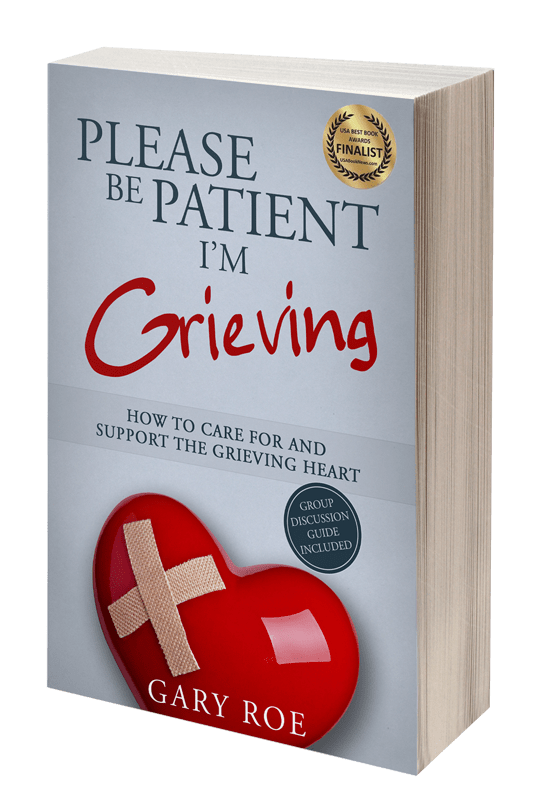

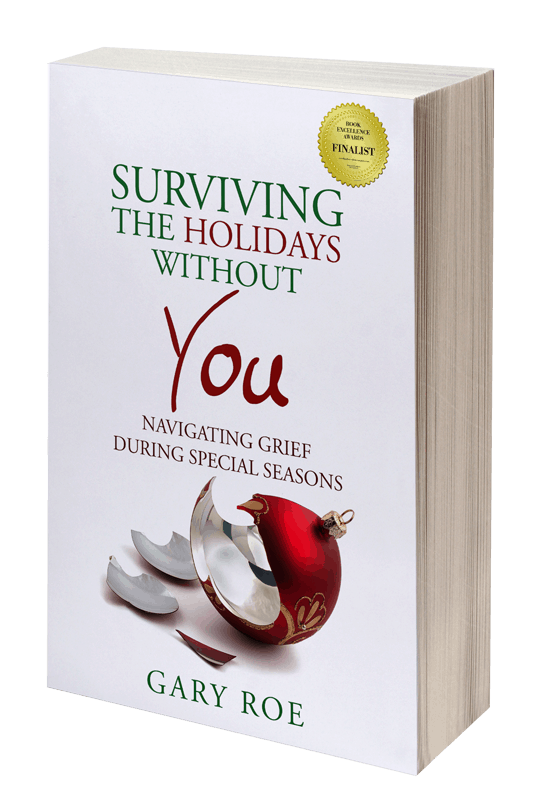
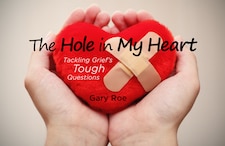
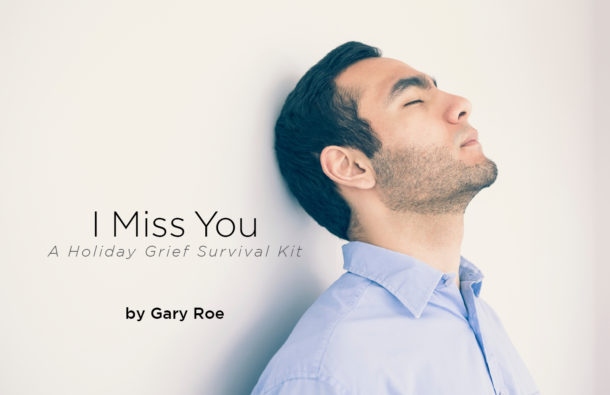
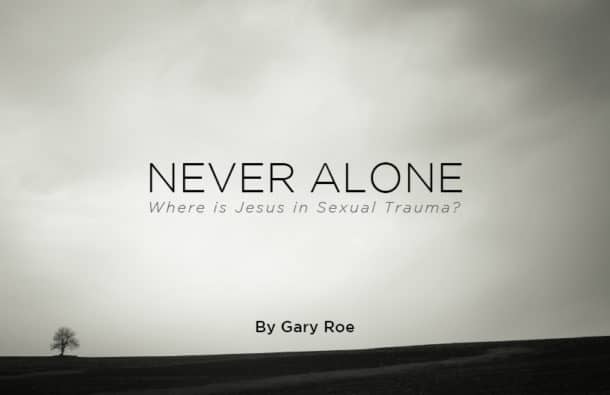

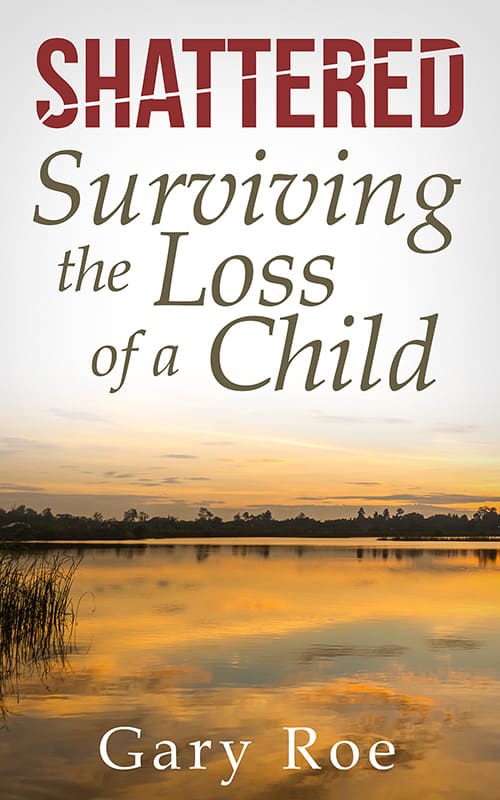
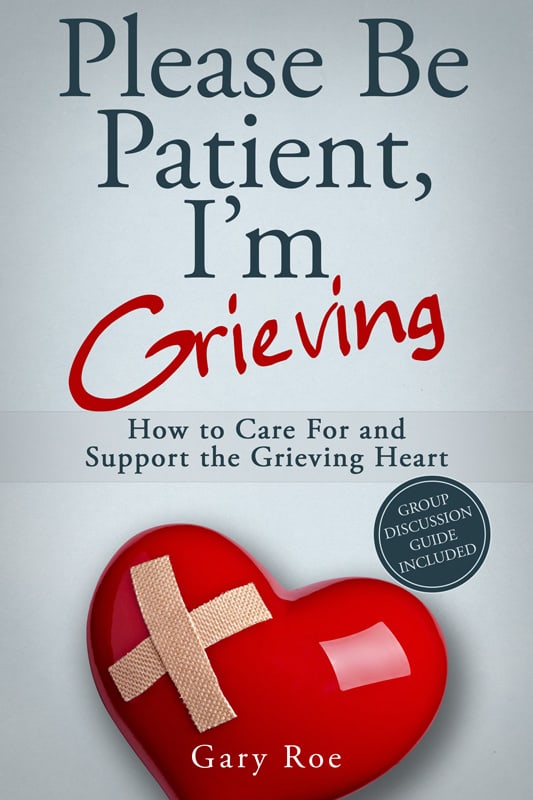
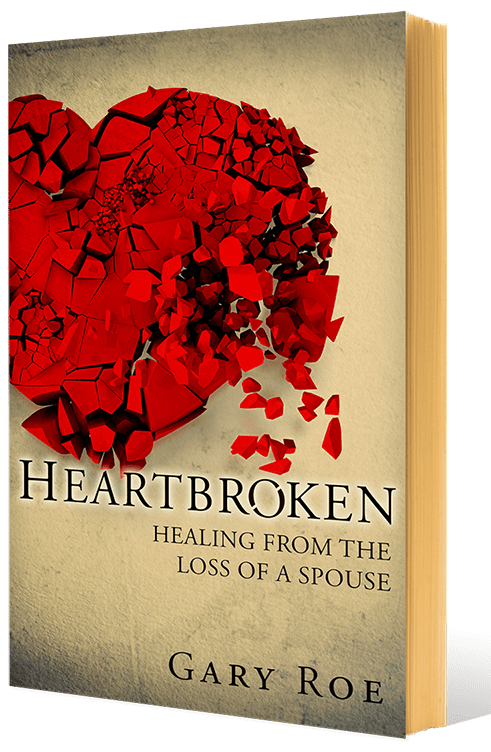
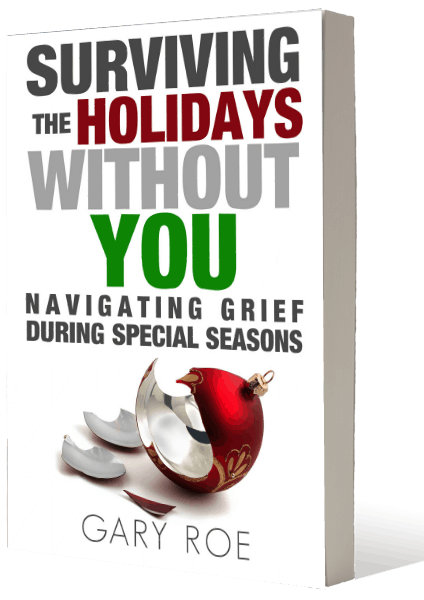

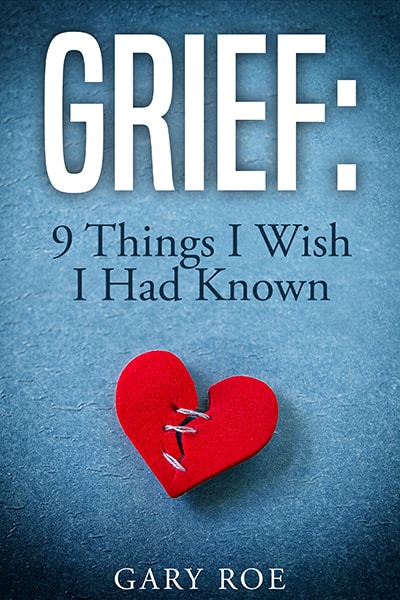
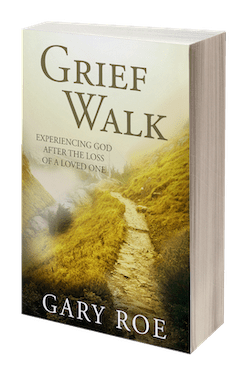
I am grieving the death of my oldest sister (2009), my dad (2011), my mom (2013) and my husband (2017). But I am also grieving the loss of my grandson, who has not died. I raised him and for 20 years we were very close and had a unique bond. I have no idea (except that I know his mother, my stepdaughter) is involved. Right before Christmas, he came to my house and told me he would be spending Christmas with his family. I said well what I am, and the response was that since my husband (his Pap) was dead, I didn’t belong in the family. My husband died in 2017 and now I am not family? I know this came from his mother because she had said it to me before.
Since then, my grandson has ghosted me. I have been very sick. I suffer with several physical handicaps and am in chronic pain. I’ve always suffered with depression, but now—added to the physical pain and the loss of my grandson, I am so depressed that I have been considering suicide. My spirituality has also taken a big hit. I cry constantly.
I have provided everything for my grandson, clothing, shoes, and all Christmases and birthdays. I also gave him $10000 towards his college tuition—while he won’t speak to me.
I have also done a lot for my stepdaughter,
such as keep her home, buy appliances, pay bills, etc., all while she detests me. We were close when I first joined the family and she asked me to help her raise her two children, which I did. Then, all of a sudden she hates me and abused me for years. When my stepson died, we became estranged so I have not been to her house or talked to her for a few years now. Just like with my grandson, I don’t know what I did to be treated so cruelly.
Do you have any advice on this kind of grief? When someone dies, it’s easier to accept because you know that person is gone, but when you’ve lost someone who is still alive, it’s almost impossible to not grieve everyday and know that you will be grieving for a long time. I have lost all hope and am completely alone.
Thanks for listening.
Hi Donna. I’m so, so sorry to hear all this. You’re right. Estranged grief is different. Weird, hard, and confusing. They’re still alive, but we no longer have relationship with them – at least at present. Thankfully, all the other “grief” principles still apply. We need to process estranged grief – talk about it, write about it, work through it. We need to find other people suffering from this kind of loss. We need people who “get it” and are walking a similar path. This – estranged grief – needs to be talking about a LOT more in our world.
Thank you Gary for your honesty, genuine concern and caring nature. Your gift from God has helped me understand my thoughts and actions better. We need more healing people like you in our communities.
Thank you, Scott. I so appreciate your encouragement. Grateful for you.